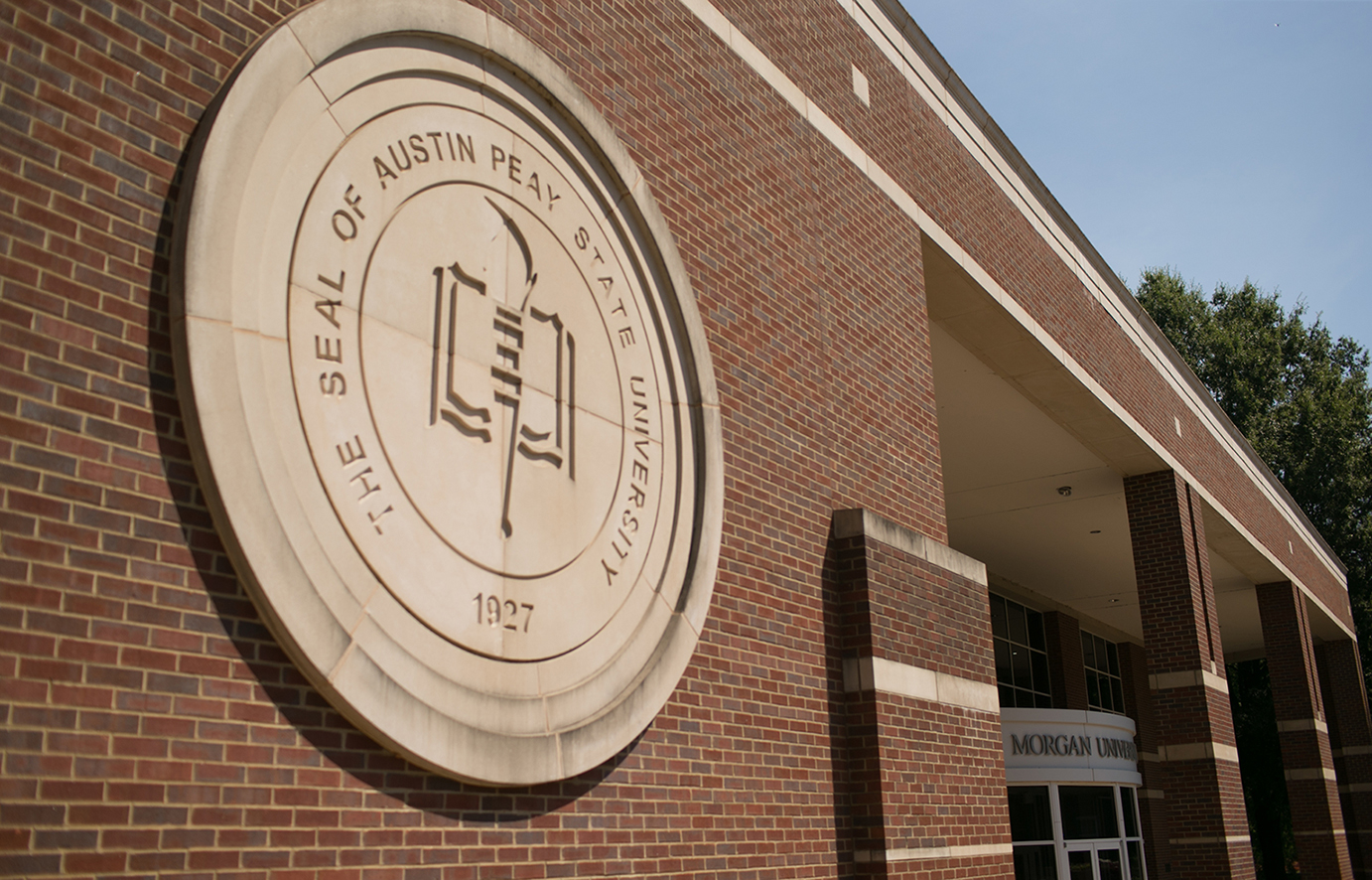“If Austin Peay Could Talk” is a new, special series about listening.
Paying tribute to James Baldwin’s novel, “If Beale Street Could Talk,” the essays
in this series are meant to magnify the experiences of the University’s black faculty
and staff.
Every Friday, a different University employee will share their own deeply personal
story about racism – stories that have been overlooked for too long. Today, Austin
Peay is talking, and we hope you will simply listen to these important words.
|
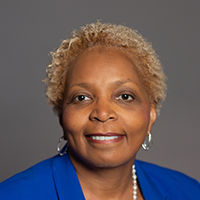
Sheila Bryant | Director of Equal Opportunity and Affirmative Action, ADA Coordinator, Deputy Title
IX Coordinator
“Dr. Willodean Burton (retired APSU professor) and I used to discuss the lack of Black
students majoring in biology (and in any of the STEM majors) at APSU. They would declare
biology as a major upon entering; however, change their major in their sophomore year.
The biased assumption that Black students cannot succeed in STEM majors still exists.”
Read Sheila's story here
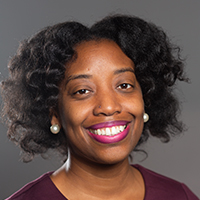
Jessica Fripp | Assistant Professor, Psychological Science and Counseling
“For years, I’ve cringed at the microaggression of “speaking so well” because they
fail to recognize the backhandedness of the compliment; I’ve been more annoyed by
perceptions white people have of me for being educated in private school settings.
A colleague once referred to the Gullah language as sounding uneducated. After telling
her my story and introducing my background, she remained silent, possibly gaining
some new insight into the value the Gullah Geechee people bring to our nation. And
in that moment, I realized that I was released from the pressure of living in the
duality of culture and compromise. To be Gullah is to have a resolve to remain connected
to the history, not adjacent to it.”
Read Jessica's story here
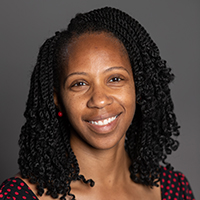
Eva Gibson | Assistant Professor, Psychological Science and Counseling
"It’s not easy to live in the skin I am in, but I embrace that I am wondrously made,
drippin with melanin, and filled with excellence. I stand on the shoulders of giants
and speak our collective truth. If my truth makes you uncomfortable, I challenge you
to change the narrative. Listen to the voices and reflect on your actions. Invest
in change…be the change."
Read Eva's story here
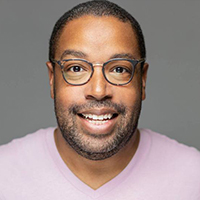
Marcus Hayes | Chair of the Department of Theatre and Dance
"I recently came across one of the best statements about healing from trauma. “Every
attack is a cry for help,” which is a simple, yet powerful statement, and as I continue
to do the work of healing from racial trauma, I continually remind myself that any
negative action hurled in my direction, whether intentional or unintentional, is a
result of centuries of conditioning and when viewed through the lens of “a cry for
help,” I am able to release a portion of the deep hurt and open the door for forgiveness
and understanding."
Read Marcus's story here
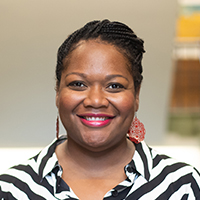
Dannelle Whiteside | VP for Legal Affairs & Secretary to the Board
"Despite my grandfather’s best efforts, I am still in the fight for racial equality
and justice he waged many years ago. I now have my own sense of purpose for the fight
– for my son, for our students of color, for our campus community, for a better world.
I am heartened by the many partners I see stepping forward to help us in this fight.
It won’t be easy, but together, we will rise."
Read Dannelle's story here
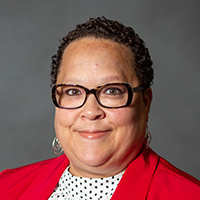
Laneeça Williams | APSU Chief of Institutional Culture and Title IX Coordinator
"Part of accepting who I am (growing up biracial) and continuing to fight for equality
for all is that I have a Black husband and a Black daughter and Black sons who are
important to me. I need other people to understand that we have value and that our
lives matter. Hopefully, opening up and sharing a piece of myself with others conveys
that I exist (all of me) and that I am here, and that I refuse to be nonexistent in
the fight for racial or social injustices."
Read Laneeça's story here







